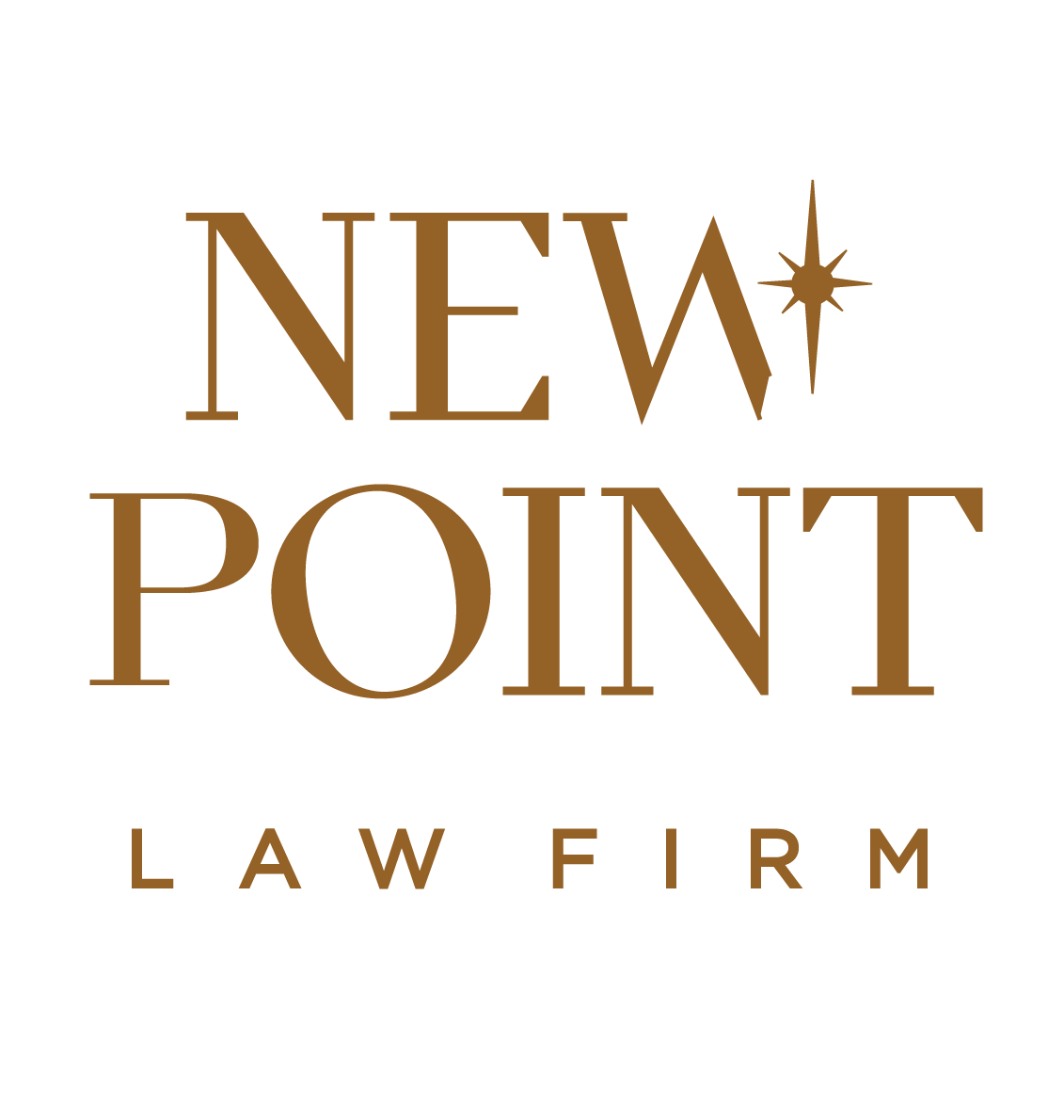
Q: What is the procedure in business litigation?
A: The exact procedure depends on the issue under litigation. However, business litigation is governed by the same process as other civil litigation. An attorney should be obtained. Legal processes such as motions, trials, and appeals are also the same.
Q: Are there alternatives to a lawsuit?
A: The Alternative Dispute Resolution (ADR) process is often used in these situations. ADR can involve arbitration or mediation, and is generally cheaper and more efficient than litigation.
Q: How is arbitration different from mediation?
A: Mediation uses a neutral mediator to work with both parties. The mediator facilitates discussion and helps both parties work towards a consensus and a resolution that both sides can accept. In an arbitration, the neutral arbitrator hears both sides of an issue and makes a decision. Generally, the parties in an arbitration are bound to accept the arbitrator’s ruling.
Q: Is an arbitration or mediation always binding?
A: In an arbitration, the answer is usually yes. Often, the parties in an arbitration sign a legally binding agreement to abide by the arbitrator’s decision. If the parties in a mediation are dissatisfied with the result, they can set it aside and proceed to court.
Q: Can I appeal a mediation or arbitration?
A: Mediation is non-binding and the issues in a mediation can therefore be taken to court. This is not an appeal, since mediation and legal proceedings are two different processes. Appeals may occur after an arbitration, if the parties agree in the initial contract to allow one.
Q: What is a class action?
A: In a class action, a large group of plaintiffs is represented by one or two plaintiffs. Generally, a class action proceeds when individual litigation would be inefficient in settling an injury or claim to a large group of people.
Q: Can a business take part in a class action?
A: Yes, if the business has been injured in the same manner as other plaintiffs in the class.
Q: How are legal fees set for a class action?
A: Lawyers are only paid if the plaintiff receives a ruling in their favor. This is called a “contingency fee” arrangement. Class action lawsuits are often extremely expensive to prepare and continue, so a contingency fee arrangement is generally the best fit.
New Point Law Firm, plc, is an Iowa general practice law firm with attorneys practicing in the areas including but not limited to:
Administrative Law
Adoption Law
Agricultural Law
Alternative Dispute Resolution
Banking Law
Business Acquisition
Business Franchising
Business Law
Business Mergers
Business Organization
Business Planning
Civil Litigation
Civil Practice
Car Accidents
Commercial Law
Commercial Litigation
Commercial Real Estate
Constitutional Law
Construction and Development
Contracts
Corporate Law
Criminal Defense
Divorce
Elder Law
Employment Law
Employee Benefits
Estate Administration
Estate planning
Family Law
General Practice
Government
Government Contracts
Juvenile Court
Landlord/Tenant
Legal Malpractice
Litigation
Medical Malpractice
Municipal Law
OWI & DUI
Personal Injury
Probate
Product Liability
Professional Liability
Professional Malpractice
Real Estate
Tax Preparation
Taxation Law
Trial Law
Trusts
Venture Capital & Securities
Wills, Trusts, Estate Planning & Probate Law
Worker's Compensation
Wills
Zoning, Planning & Land Use






